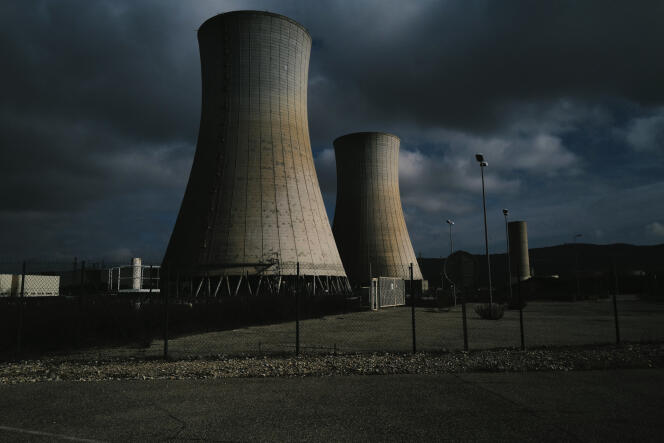


"It is achievements such as these that enable us to judge the value of a people, what it represents in modern times, what it wants and what it is capable of doing." These were the words used by French General Charles de Gaulle in 1967 during a visit to the nuclear facilities at Pierrelatte (southeastern France) – before the plant was called Tricastin. As if the country's entire destiny lay in mastering this technology, which was the product of military research and controlled by a handful of countries at the time.
Half a century later, the image of the atom in the French collective imagination has hardly changed: more than anywhere else, nuclear power is associated with sovereignty and independence. What other parliament could have investigated "the reasons for France's loss of sovereignty and energy independence," as the Assemblée Nationale did in early 2023, without even having to specify in its title the core of the subject, namely nuclear energy?
This vision of the origins of energy is the source of much disagreement in Brussels, where it clashes almost daily with the German perception, which is almost diametrically opposed. It's hard to understand this divergence without considering what this energy represents in the political culture of the two neighbors: an emblem of military and strategic power in France, a symbol of existential danger and civic decay in Germany, where it fueled the creation of the environmental movement. Nuclear power perfectly sums up the relationship between these two countries and their own political power.
According to former French-German Green MEP Daniel Cohn-Bendit, "Nuclear energy is a centralizing form of energy that needs to be controlled by a strong central state," which fits in well with France's Jacobin tradition and its system of large government bodies. "Germany is very attached to federalism, and nuclear energy is perceived there as an energy that escapes the control of citizens, that dispossesses them," he continued, whereas, in France, the state is "the backbone of society, responsible for solving all problems." The result is a "Gaullist tradition of support for major state projects that guarantee our country's independence," summed up Philippe Etienne, former French ambassador to Germany. "This type of thinking is much more natural in France than in Germany."
As an integrative technology, nuclear power requires centralized safety authorities, even if the plants are spread across the country. "You can't build nuclear power in a country where the state is weak, because the safety authority will be weak," said Louis Gallois, former chairman of EADS (now Airbus). Nuclear power also needs a government capable of planning ahead for 30 or 50 years. "It's a Colbertistic form of energy, which is not part of German culture," he said. From Germany's point of view, this highly sophisticated technology implies too great a dependence on a state whose reliability is questionable, since it was not authorized to master this technology for military purposes in the post-war period. The 2011 incident at the Fukushima nuclear power plant, in a country as technologically advanced as Japan, further undermined the credibility of nuclear energy.
You have 45% of this article left to read. The rest is for subscribers only.
